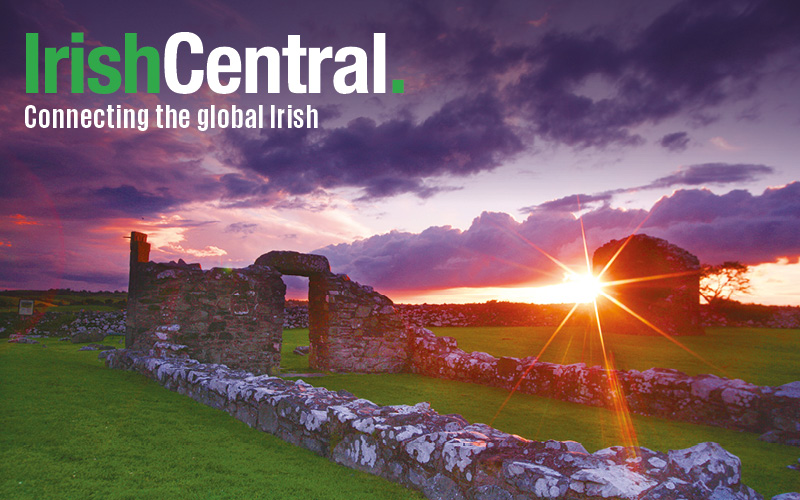John Shields, a former priest, union organizer and all-round philosopher was struck with a terminal illness in his 78th year of life.
Unlike so many others, however, Shields, the son of Irish immigrants, decided to take charge of his final journey and his story is told in a truly remarkable piece in the New York Times Sunday magazine this weekend written by Catherine Porter.
We live in an era when choosing how and when we die has become a massive issue. Shields, originally a New Yorker but living in British Columbia, Canada took advantage of the British Columbia law that allowed him to take charge of his demise.
Shields’ first task, he told his wife Robin, was to have his family organize an Irish wake, not one where he would be already dispatched to the next life but where he would also be present.
It was not easy. Shields was in hospice care and unable to leave his bed. However, the hospice managers held the wake in the atrium of the hospice and his favorite food and beverage was shipped in.
At his wake he wanted to hear “The Parting Glass” the Celtic ballad of friends separating.
So as the wake wound down, friends and family, doctors and nurses serenaded him.
“But since it falls, unto my lot,
That I should rise and you should not,
I’ll gently rise and I’ll softly call,
Good night and joy be with you all
The other poetry he wanted was St. Francis' prayer, one he remembered from his time as a Catholic priest.
“Lord, make me an instrument of Your peace.
Where there is hatred, let me sow love;
where there is injury, pardon;
where there is doubt, faith;
where there is despair, hope;
where there is darkness, light;
where there is sadness, joy.”
Then all two dozen people gathered around his bedside at his Irish wake and each in turn held a Buddhist prayer scarf as they spoke about him
His wife Robin was especially moving as the Times report notes...
“My name is Robin,” she said, her soft voice catching in emotion. “I bring the blessing of community, of justice, of peace and of having been the partner of a wise and beautiful loving man.”
Soon after they all said goodbye to him, John Shields was wheeled back to his room to await the morning and the lethal injection that would take his life. And what a life he had:
Despite that lifetime of achievement, he believed that sharing his death would be his most important legacy.
He had been a Catholic priest, a civil rights activist, the head of British Columbia's most important labor union and head of a land trust that saved thousands of acres of protected wilderness.
Now, after being diagnosed with amyloidosis, ironically the disease that also took the life of Sinn Fein leader Martin McGuinness, he realized his days were numbered and the pain and suffering for him and his family was unnecessary.
Shields believed that dying openly and without fear could help others.
And so he did the following day, surrounded by love and at a time of his own choosing, a remarkable story that casts light on the dark corners and unanswerable question we all ask. Read the story of John Shields, it is inspiring.




Comments